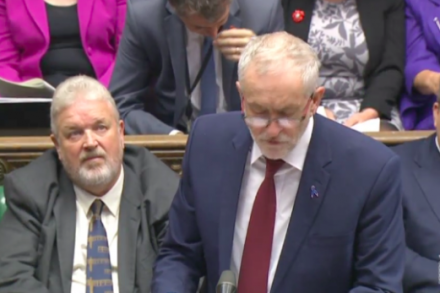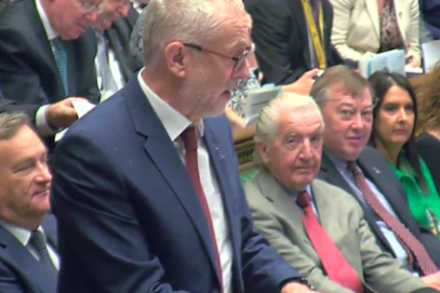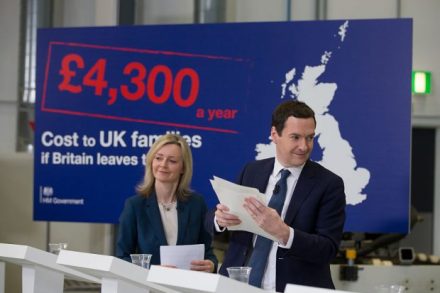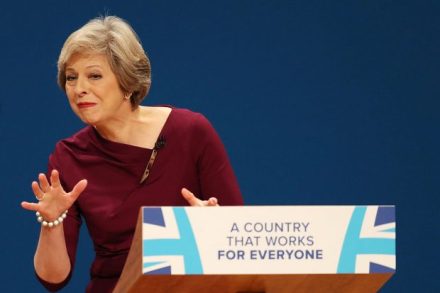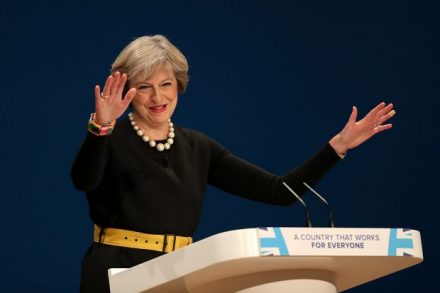Will Brexit butcher the banks? | 16 October 2016
The financial crisis defines our age. It helps explain everything from the presidential nomination of Donald Trump to Jeremy Corbyn’s leadership of the Labour party after 30 years on the political fringe. Certainly, the Brexit vote wouldn’t have happened without it. The crash of 2008 created a sense of unfairness that is still roiling our politics, as well as calling into question the competence of the West’s ruling class. The soi disant ‘experts’ were easily dismissed during the EU referendum campaign because nearly all of them had got the economic crisis so wrong. The Brexiteers asked: why should the public listen to the arguments of organisations and businesses that had











